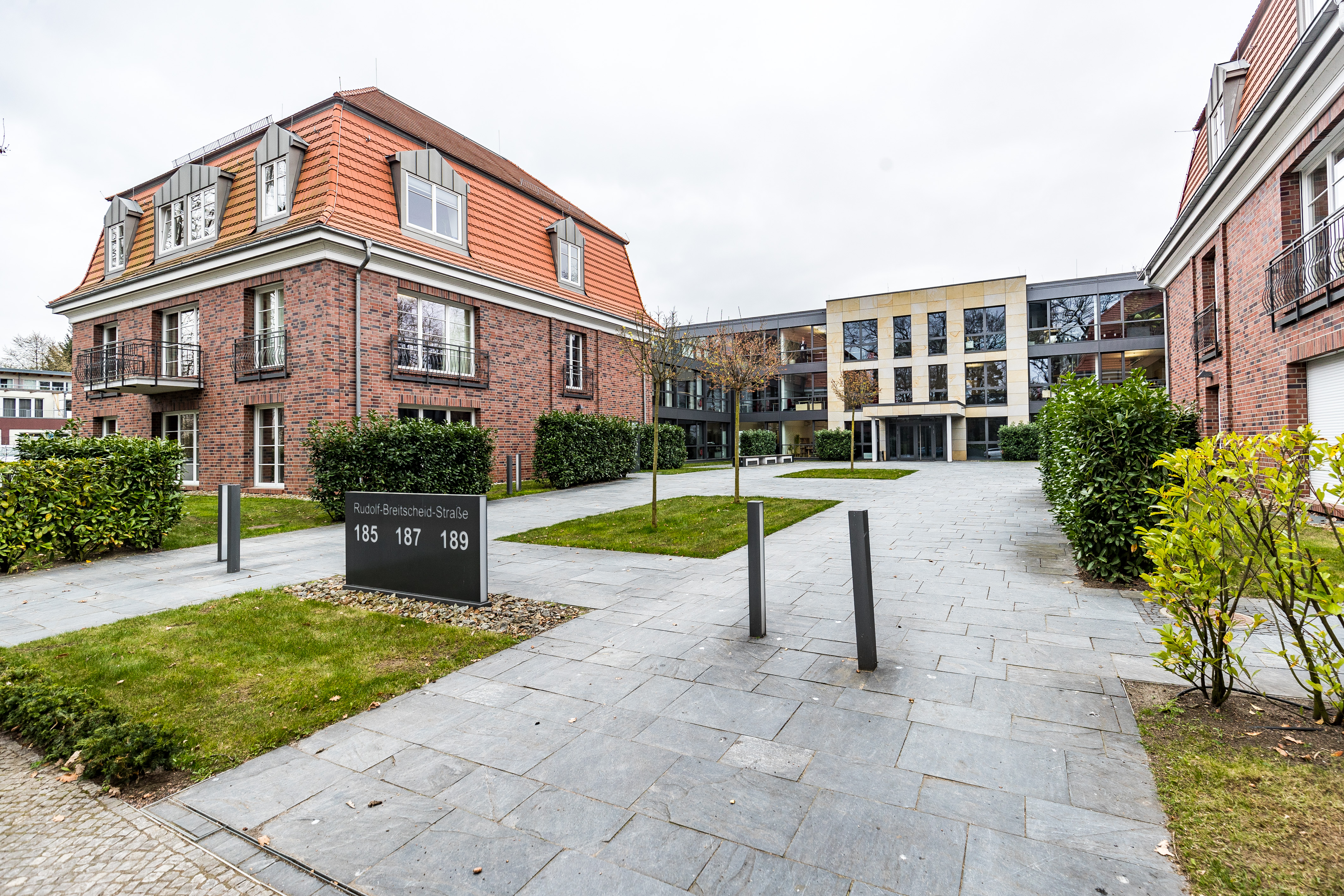The Hasso Plattner Institute (HPI) will become even more involved in the health sector in the course of its expansion, made possible by founder Prof. Hasso Plattner. This month HPI will launch its establishment of a Digital Health Center, headed by Prof. Dr. med. Erwin Böttinger. Together with HPI director, Prof. Dr. Christoph Meinel, Prof. Böttinger invited Nobel Laureate Prof. Dr. Elizabeth H. Blackburn to give a talk at HPI on the work of the Salk Institute and the future of precision medicine.
The Australian-American molecular biologist received the Nobel Prize in Medicine in 2009 for her research on so-called telomeres—"protective caps" of the chromosomes responsible for healthy reproduction during cell division. According to Blackburn, telomeres play an important role in the aging and development of many diseases such as cancer and diabetes. This year, along with her colleague Prof. Dr. Elissa Epel, Blackburn published the book "The Telomere Effect: A Revolutionary Approach to Living Younger, Healthier, Longer."
In her lecture, Blackburn presented the work of the Salk Institute, one of the most renowned research institutions in the field of life sciences worldwide. The institute was founded in 1960 by Dr. Jonas Salk, the inventor of the polio vaccine. The scientists working there —including five Nobel Prize winners—are leaders in fundamental research in the areas of cancer, brain, diabetes and infectious diseases. In the words of the Nobel Laureate, the institute distinguishes itself by the fact that the teams work together loosely across age and subject boundaries and jointly formulate problems independent of their own research priorities. In addition, Blackburn emphasized that biological research relies on state-of-the-art IT technologies. She sees a great need in this field, particularly in the area of linking and evaluating highly complex datasets.

